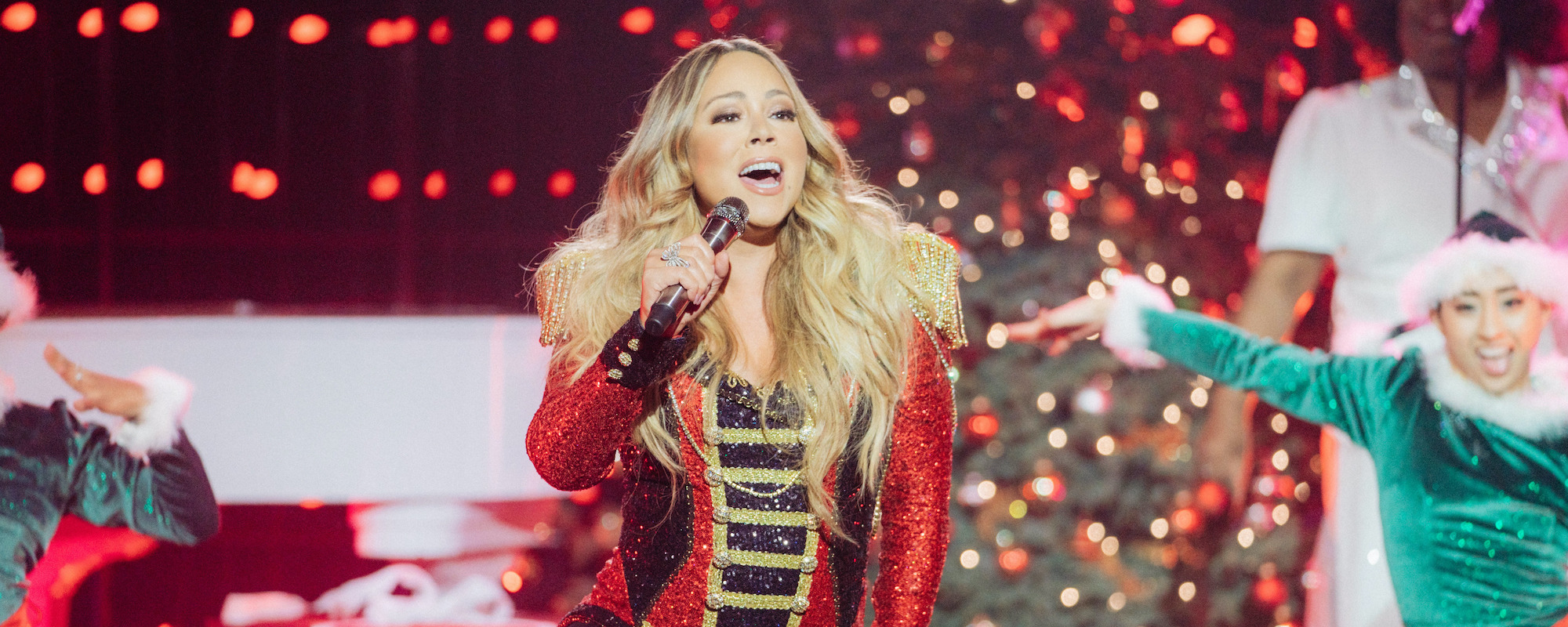For decades, becoming a musician only happened in one of a couple ways. You could record a demo and send it to record labels. You could try to get gigs until someone noticed your talents. Or you could hope to make a personal connection in the industry. The rise of the Internet has taken things in a new direction. These days, aspiring musicians can market themselves on social media—and really, they have to. Let’s look back on how the Internet became such a vital part of the modern music industry.
Videos by American Songwriter
The Early Days: YouTube
Even after the Internet became a “thing,” there wasn’t social media as we know it. That all changed in 2005 when a new video-sharing website was founded. You might have heard of it: YouTube.
It wasn’t long before people realized the site’s potential. By 2006, it was one of the fastest-growing websites in the world. For the first time ever, people realized they could become famous just by uploading a video.
One person who proved the point? Some Canadian kid named Justin Bieber. Bieber started uploading videos of himself singing in 2007 when he was just 13. The next year, he signed his first record deal. Spoiler alert: he’d go on to become one of the biggest teen idols of the new millennium.
YouTube wasn’t the only content-sharing platform around in those days. MySpace was also around, a modest precursor to the kind of global stage YouTube would become. Calvin Harris—now arguably one of the most successful DJs in the world—was discovered after he shared his music on MySpace in the mid-2000s.
Other Platforms
YouTube played a huge role in launching the careers of stars like Ariana Grande, Bo Burnham, Alessia Cara, and more. As the 2010s rolled on, other content-sharing platforms also debuted. SoundCloud, Spotify, Vimeo, and others made private content more accessible than ever before. The Internet was all about social media. That meant that everyone had, in theory, an equal platform.
Shawn Mendes got his start on the now-defunct platform Vine, where he covered a variety of songs. Meghan Thee Stallion gained a huge social media following through YouTube and SoundCloud, while rapper Saweetie amassed a fanbase on Instagram.
[RELATED: From YouTube to Superstardom: 7 Artists Who Launched Their Careers Online]
It was increasingly clear that social media wasn’t just a place where anyone could post. These success stories proved there was a real chance of getting noticed if you knew how to market yourself on social platforms. As for talent scouts, it proved that these websites were a real and viable place to find the next big star. “Artist & Repertoire” discovery no longer needed to take place in the clubs; label reps could just establish a filter prioritizing “view count,” and scour the Internet to find the Next Big Thing.
The Newest Era: TikTok & Mobile Apps
One of the most significant developments in recent years has been the rise of apps such as TikTok. TikTok has made waves not just because of its extreme popularity. After launching the careers of singers like Olivia Rodrigo, Lil Nas X, and Doja Cat, the app has become the official environment for scouting up-and-coming talent. In 2023, TikTok launched a Talent Manager Portal, aimed at helping talent scouts connect with personalities (and sure, musicians, too, sometimes) and negotiate brand deals.
It’s clear the Internet is no longer just a global platform for helping people get themselves out there. In an industry with countless moving parts, it’s an essential part of the whole. From a global stage to a place to make vital connections, the Internet—and especially social media—has evolved along with music in the 21st century.
Photo by Theo Wargo/WireImage













Leave a Reply
Only members can comment. Become a member. Already a member? Log in.